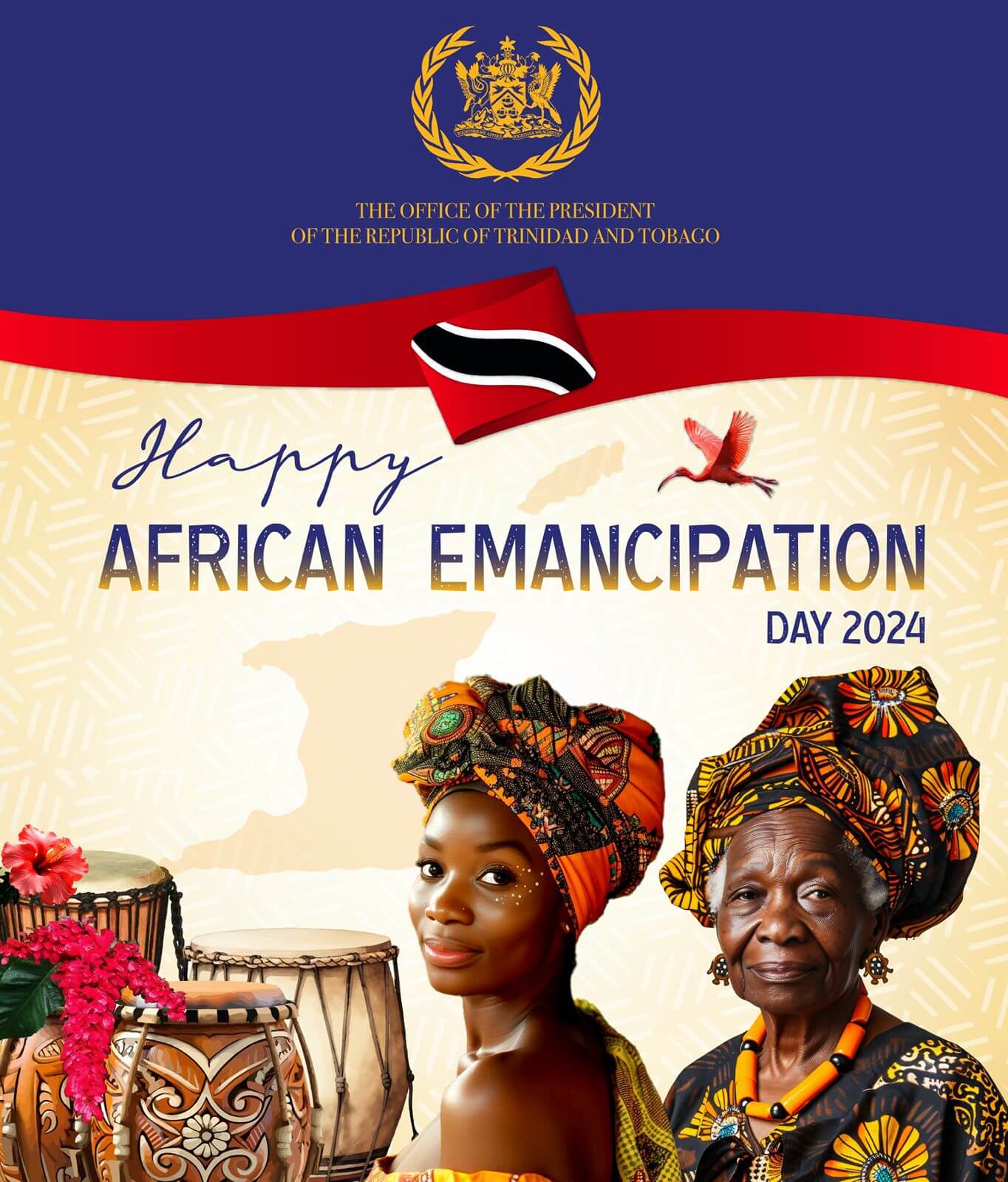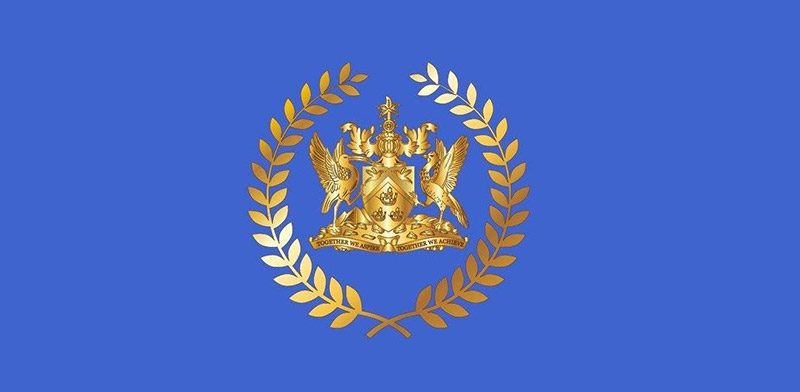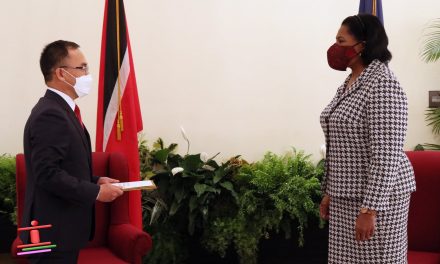On 1 August 1985, Trinidad and Tobago became the first country in the world to formally commemorate the end of the system of African enslavement. That historic act acknowledged the great hardships and long journey to freedom endured by enslaved Africans. It paid tribute to the relentless struggle of those who fought to dismantle the system from both within and without, and celebrated the eventual triumph of freedom over bondage, and of justice over inequality. Today, Trinidad and Tobago continues to lead the way in acknowledging the experiences of the enslaved, with Emancipation Day this year becoming African Emancipation Day.
The ordeals endured by Africans throughout the period of chattel slavery are well-documented. They were taken forcibly from their lands, shackled and transported across the Atlantic in horrifying conditions and sentenced to a lifetime of mistreatment, servitude and horror. They were deprived, not only of their freedom, but also of their family, identity, and traditions.
As we reflect on this shameful chapter in world history, it is worth remembering that as a means of controlling the enslaved population, the authorities of the day did everything within their power to suppress, vilify and outlaw elements of African culture. We would do well to learn from the resilience and determination of the enslaved to preserve their heritage. Lucky for all of us that they did so, as today, the African influence endures and permeates every aspect of our culture and beyond. For example, the very African drums which were once banned by colonial authorities, are predecessors to the steelpan, our national instrument, which is today recognised and celebrated around the world.
Trinidad and Tobago has certainly been blessed and enriched by the legacy of those who, like the enslaved Africans, toiled, suffered and persevered to enable us not only to have, but to enjoy the lives that we lead today. Let us honour their legacy by taking pride in the country that they helped build; celebrating the traditions they fought to preserve; and applying in our own lives the resilience and strength they exercised in surviving and overcoming the system of enslavement once and for all.
African Emancipation Day ought also rightly to serve as a reminder that, although the institution of slavery was abolished close to two centuries ago, injustice, inequality and discrimination continue to persist and adversely affect our society. If today we feel justifiably proud about being the first country in the world to commemorate emancipation, we need to remember that such noble pride has also to be reflected in our intolerance for all forms of discrimination and division. The enslaved fought for a society in which they would be treated with dignity and respect; let us honour their struggle and legacy by continuing the fight for social justice, treating our fellow countrymen with courtesy and consideration, and contributing to healthy discourse and activism that promote equality and tolerance. This responsibility is no one else’s but ours; it rests squarely on our shoulders.
This African Emancipation Day, and every day, let us uphold the freedom and liberty for which our African forebears fought long and hard, let us build upon the foundation which they established, and let us complete their work by creating a nation of which we can all be proud and glad.
I extend to the entire national community best wishes for a happy and reflective African Emancipation Day.







